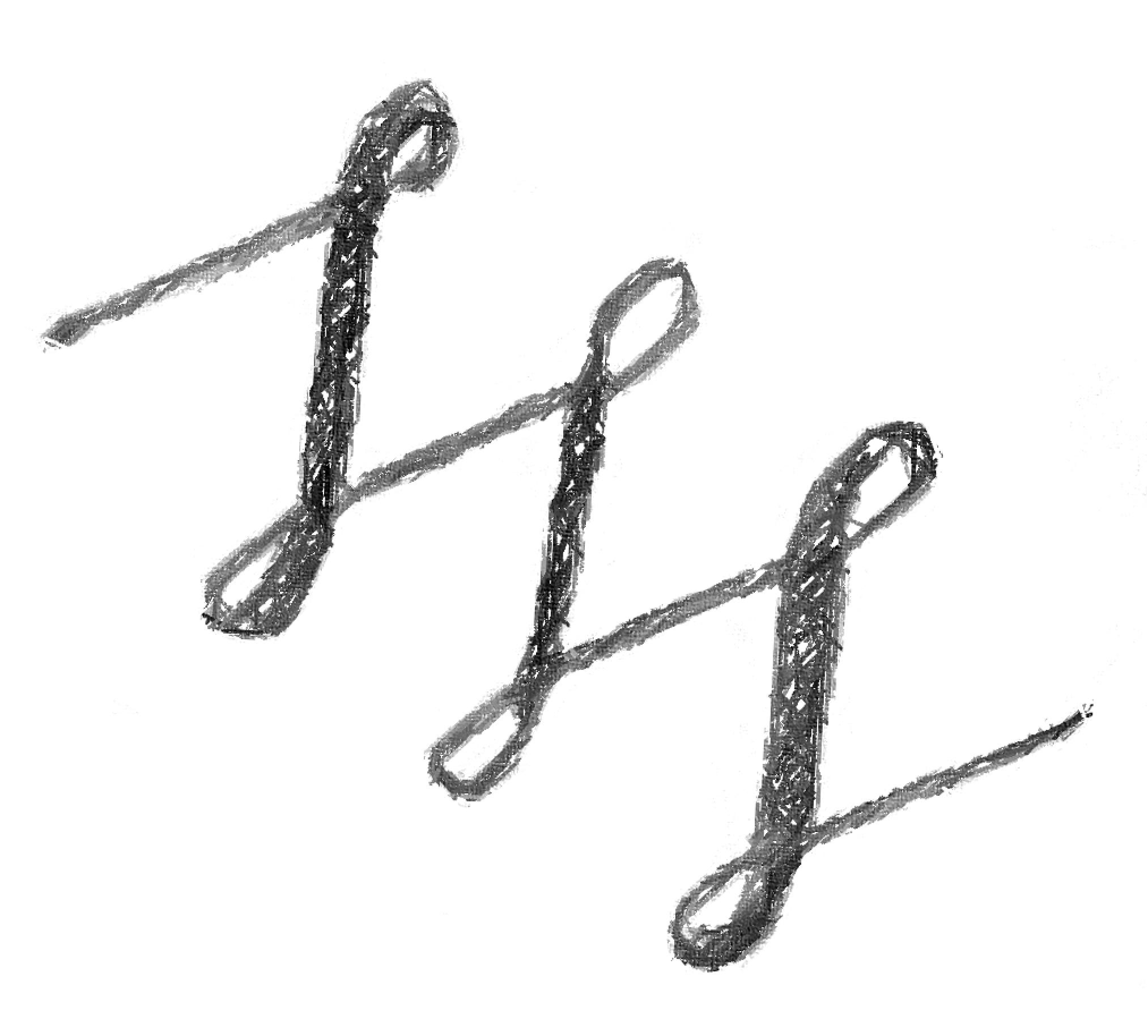Hi all,
Thank you for joining me for today’s song, “No Christmas in Kentucky”, by Phil Ochs. If you’d like to hear the song before you read the background, I’ve included a YouTube video below the article.
Below, you’ll find my interpretation of the lyrics (written in italics). Comments and questions are welcome. For Japanese students, vocabulary words in bold are provided in Japanese below. TOEIC (PBT) 450+, Eiken 2, CEFR B1.
Did you know you can listen to each article of “Social Issues in Song” on the Substack App? Download the app here:
(657 words)
Phil Ochs wrote the song "No Christmas in Kentucky" in 1963. The song talks about how Christmas can feel very different for people who are struggling, like coal miners in Kentucky and West Virginia in the 1960s, for example. While many people celebrate with joy and happiness, these miners faced poverty, hunger, and hard times.
The miner’s life
Life for Kentucky miners at the time was very tough. Coal mining was one of the main jobs in the region, but it came with many hardships. For example, mining is a dangerous job because there could be cave-ins or explosions. Many miners had lung diseases from the coal dust. Miners worked long hours for very little pay. Sometimes, they were paid in “scrip”, a kind of money the company printed. The miners could only use it at the company store. There were no other stores or towns nearby. That meant the company could charge higher prices.
Why didn’t they leave?
Many mining families lived in poorly-built houses that the mining company owned. Many miners were born, lived, and died in these poor communities. They could lose their jobs at any time, especially if they protested or asked for better working conditions. Most everyone they knew was poor, and there was limited healthcare and education to help them. Because they had very little, they weren’t able to move to find new jobs.
Compared to the joy and abundance other people had around Christmas time, the miners’ lives were very difficult.
Christmas shoppers shopping on a neon city street
Another Christmas dollar for another Christmas treat
There's satin on the pretty dolls that make the children glow
While a boy’s walking ragged in the cold Kentucky snow
No, they don't have Christmas in Kentucky
There's no holly on a West Virginia door
For the trees don't twinkle when you're hungry
And the Jingle Bells don't jingle when you're poor
In most homes, children found presents under the Christmas tree. They also hung stockings over the fireplace, and Santa put small gifts in the stockings when he came. However, mining families didn’t have many gifts to give to each other. It was probably a luxury to have a beer at Christmas time.
There's lots of toys for children when the Christmas time is near
But the present for the miners is a stocking full of beer
In the dark hills of Kentucky there's one gift that may be found
The coal dust of forgotten days that's lying on the ground
In the next verse, Phil Ochs points out that the government didn’t often give support to the miners. There never was enough money to pay for good education or health care in the mining towns. At Christmas, government officials raise their glasses (for example, champagne) and give toasts. They make speeches an people applaud. Here, Ochs is being ironic, saying, “Let’s not worry too much about the bad stuff right now—let’s enjoy the good things and be happy!”
Let's drink a toast to Congress and a toast to Santa Claus
and a toast to all the speeches that bring the loud applause
There's not enough to give, no, there's not enough to share
So we’ll drown the sounds of sorrow with a hearty Christmas cheer
Finally, Ochs has a message for the listener. Christmas might be a holiday for giving gifts, eating a lot, and making toasts. But the real meaning of Christmas is to help others. Ochs says that is what Christ would do.
Have a merry, merry Christmas and a happy New Year's day
For now's a time of plenty, and plenty's here to stay
But if you knew what Christmas was, I think that you would find
Christ is spending Christmas in the cold Kentucky mine
Ochs wanted listeners to think about how unfair life can be for some people, especially during the holidays. His song asks us to care about those who don’t have as much.
Question
In many cultures, it is customary to help others during holidays (Christmas, Ramadan or Eid al-Fitr, Purim or Yom Kippur, Vesak [Buddha’s birthday], etc.) What are some ways we can help others?
Vocabulary
struggle 苦労する
coal miner 炭坑夫
hardship 苦難
cave-in 陥没
coal 石炭
abundance 豊富
ragged ぼろぼろ
give toasts 乾杯
applaud (v.) applause (n.) 拍手
drown 溺れる
sorrow 悲しみ
All photos from Unsplash unless otherwise noted.
I believe that education should be free.
All of the articles about the songs will remain free for students to use. (We are all students, are we not?) However, if you find these articles useful and are in a position to make a small (or large 🙃) donation, I would be deeply grateful. buymeacoffee.com/socialissuesinsong









The area I live in is still filled with the residual families of a very poor mining community, their houses are those built by the mining company 100 years ago. Some have been updated but many are still below a standard acceptable by most... I see the desperation still, the hardships of those mining days, the fear of losing loved ones to disease or accident sit like shadows over both them and their homes. When I read the lyrics of this song Louise it still rings very true, especially "For the trees don't twinkle when you're hungry, And the Jingle Bells don't jingle when you're poor" when everything, even a loaf of bread is so expensive.
Thank you for sharing, I will be giving all I can from my own meagre earnings for those that are worse off as I always do.
Thank you, Louise. Definitely food for deep thought in a season of abundance not shared by many as the wealth disparity grows.